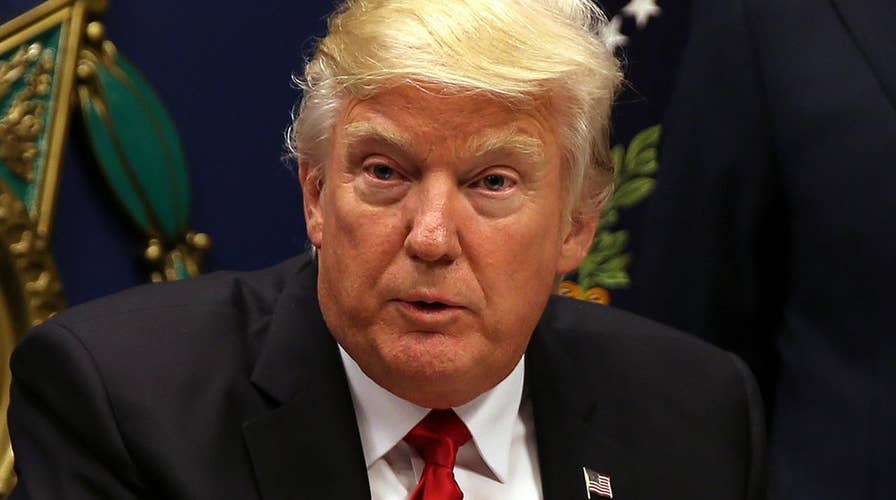The United States has always been a compassionate nation – but not a selfless one. Eight months before he was elected to be our first president, George Washington wrote , “I had always hoped that this land might become a safe & agreeable Asylum to the virtuous & persecuted part of mankind, to whatever nation they might belong.”
Proponents of unfettered refugee immigration might be tempted to stop there, but Washington did not.
He clarified that he welcomed “persons of moderate property, who are determined to be sober, industrious & virtuous members of Society.” Like a coach handpicking the best players for his team, Washington was unashamed of stocking the nation’s vast lands with those who would most benefit the United States.
Washington was writing to Dutch patriot Francis Adrian van der Kemp, a fiery minister who used his pulpit to lament the Netherlands’ Orangist Oligarchy and to call for a turn toward American-styled liberty. Emboldened by the American Revolution, van der Kemp proclaimed, “In America the Sun of Salvation has risen, which shall also shine upon us if we wish …. America can teach us how to counter the degeneration of the people’s character, to curb moral corruption, to put an end to bribery, to smother the seeds of tyranny and to restore to health our dying freedom.”
But this prominent political leader was forced to flee when Prussian military forces quashed his revolt against the Dutch regime. Naturally, he set his sights on the United States. And Washington welcomed him and his fellow revolutionaries with open arms. But while Washington was a compassionate man who called for religious tolerance and firmly desired that the United States be a powerful force for good in the world, he did not welcome van der Kemp because he yearned to receive all the “huddled masses yearning to breathe free.”
Instead, Washington made clear that he wanted them because they had money, were educated, shared our political ideology, and could benefit the American economy. “And it must not be concealed,” Washington continued, “that a knowledge that these are the general characteristics of your compatriots would be a principal reason to consider their advent as a valuable acquisition to our infant settlements.”
Washington’s selective approach to new entrants was not unique. Speaking on immigration generally rather than those facing persecution, James Madison asked, “It is no doubt very desirable that we should hold out as many inducements as possible for the worthy part of mankind to come and settle amongst us, and throw their fortunes into a common lot with ours. But why is this desirable?”
Like Washington, Madison answered this rhetorical question with: “Not merely to swell the catalogue of people. No, sir, it is to increase the wealth and strength of the community.”
It is not the purpose of this piece either to support or denounce the Trump administration’s ban on refugees. Nor does it delve into the legal and political flaws in the wording of the executive order. It instead sets the historical record straight: When determining the United States’ stance on refugees, the Founders asked, “What is best for America?”
As this national debate unfolds, we will inevitably weigh the costs versus the benefits of accepting additional refugees. We may conclude that welcoming the oppressed is of enough benefit for the sake of compassion alone or as a means of reaffirming the United States’ moral high ground internationally. Or threats of terrorism, potential fiscal strains, and other issues may lead the nation to decide to refuse entry permanently. Or perhaps we pick and choose – as Washington did – among the refugee population to welcome those who will most benefit our economy and scientific advancement, who will cement ties with allies, or any other criteria we choose.
As we debate the Trump administration’s refugee policies, we must contend with our complicated founding ideals in light of current realities. Armed with the knowledge of our history, all Americans should speak out about the current ban to make their voices heard. The American people enjoy the liberty to determine how we best advance our nation – just as our first president intended.









































